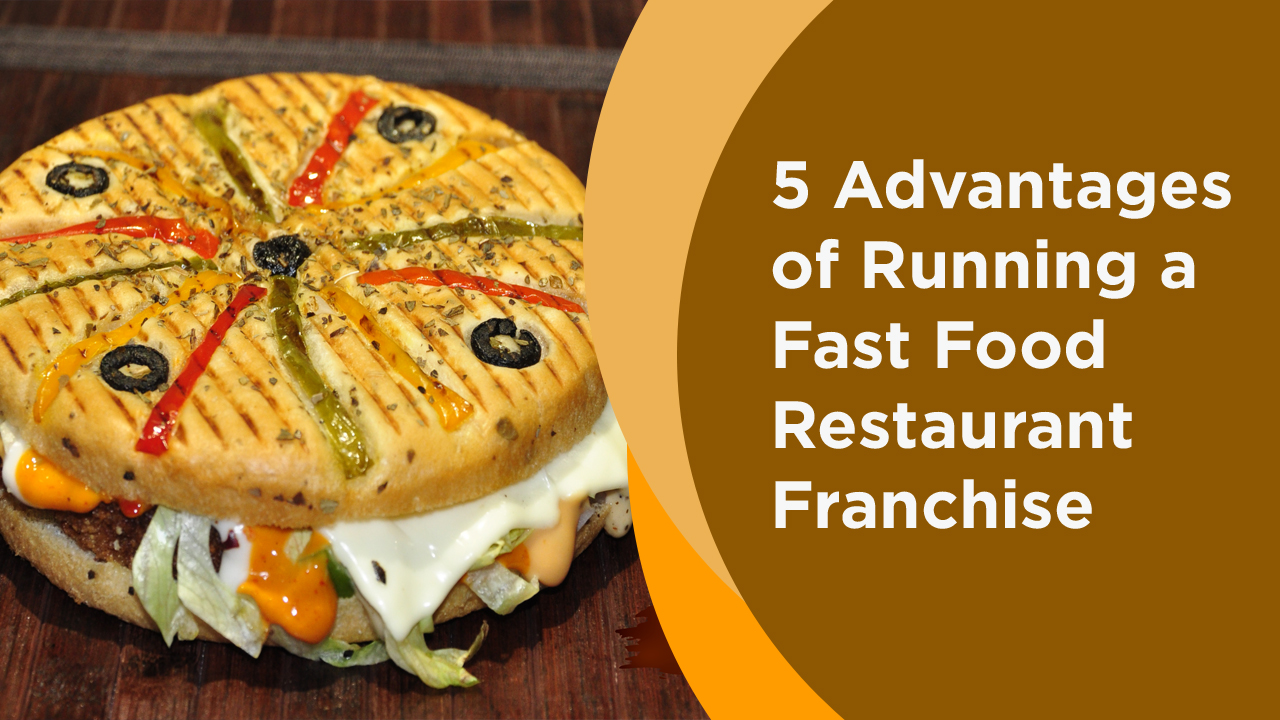
If you consider opening a restaurant, one of the first factors and questions you should address is opening an independent restaurant or a franchise. There are many benefits and drawbacks to franchising—for both franchisees and franchisors.
Franchisee benefits
1. Business assistance
2. A well-known brand with a lower failure rate
Franchises, on the other hand, are well-established companies with built-in client bases. As a result, when you establish a franchise with this instantly recognized logo, customers will understand what your restaurant is, what you provide, and what they can anticipate.
3. Purchasing power and financial viability
Franchises, on average, earn more money than independently founded restaurants. The majority of franchisees have well-known trademarks that attract consumers in droves, and this popularity translates into more earnings. Even franchises requiring a sizable initial investment in the form of a franchise fee enjoy a strong return on investment.
